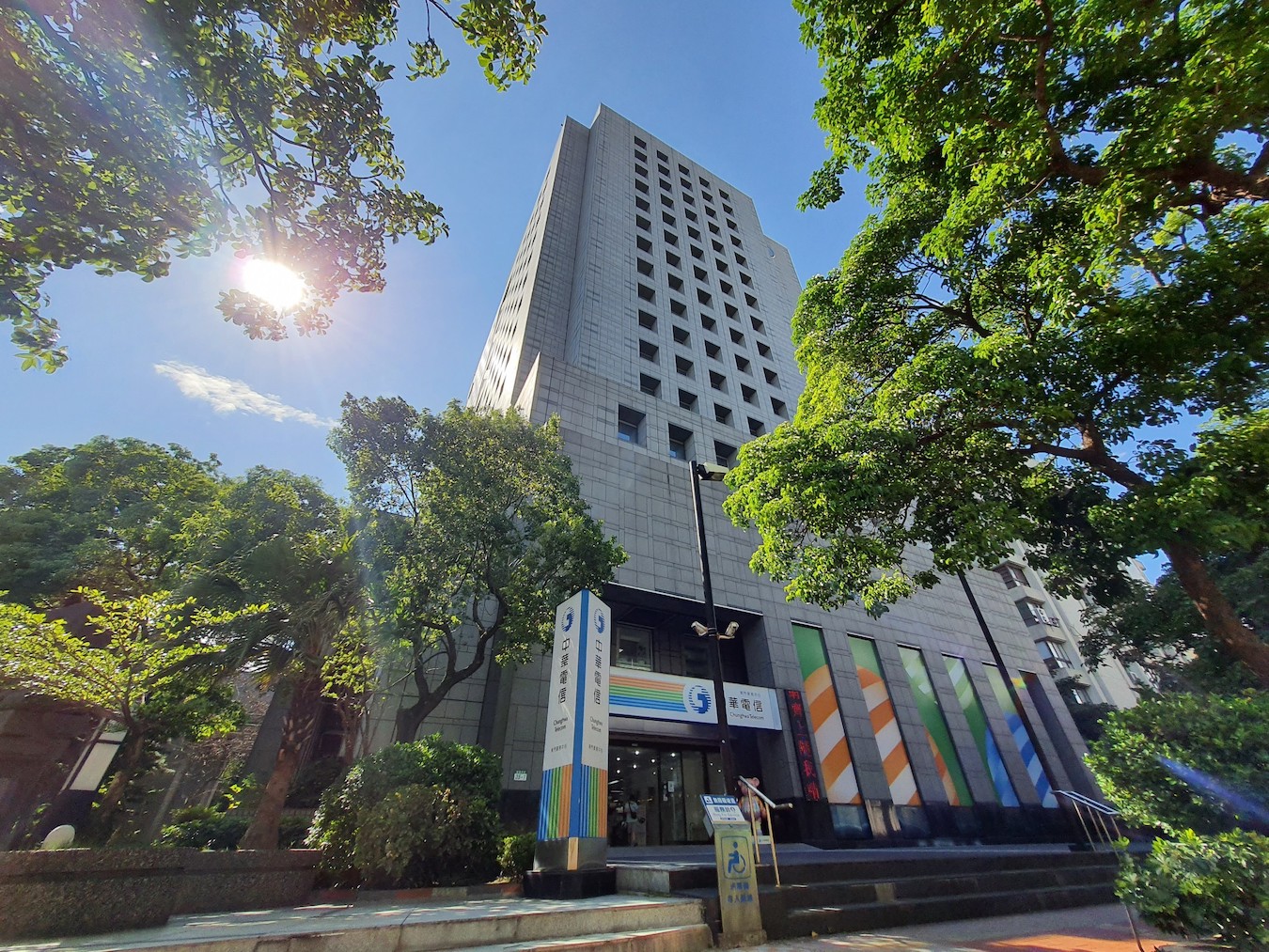by Brian Hioe
語言:
English
Photo Credit: Tele2020/WikiCommons/CC BY-SA 4.0
THE CHUNGHWA TELECOM UNION demonstrated in front of Chunghwa Telecom headquarters in late November against low wages. Although the union threatened a strike on election day on November 26th, this was later called off.
Chunghwa Telecom workers state that they were not given the 2,500 NT increase in their salaries that they were promised last year and are also requesting a further 5,000 NT to be added to their salaries. This would be an increase of 7,500 NT.
Likewise, Chunghwa Telecom workers call for an increase in the amount of salary paid to their pensions from 6% to 15%. Namely, there are two different pension systems used in Chunghwa Telecom, for workers that joined after July 1, 1994, after the Labor Standards Act took effect, and those that were part of the company before. Pensions received by those that joined the company after 1994 are less than half of those that joined before, in which pensions were calculated according to seniority.
Three hours of negotiation between the union and management during the protest were unsuccessful. The union states that it will go on strike if its demands are not met.
The Chunghwa Telecom management claims that workers will have to be understanding of poor economic growth in Taiwan at present. For its part, the Chunghwa Telecom management touts that it increased workers’ salaries by 3% to 5% in 2020 and by 4% this year, offered a one-time incentive, as well as that new workers make more than 6% compared to the past.
Likewise, Chunghwa Telecom management touts policy allowing workers with children under three to work one hour less per day, and maternity leave extended to ten days. One-time subsidies of 20,000 NT per child are also provided, along with 1,000 NT per month for children.
 Chunghwa Telecom headquarters in Taipei,. Photo credit: Tianmu peter/WikiCommons/CC BY 3.0
Chunghwa Telecom headquarters in Taipei,. Photo credit: Tianmu peter/WikiCommons/CC BY 3.0
Nevertheless, the Chunghwa Telecom Union is critical of the fact that the company has used economic conditions in Taiwan to avoid wage increases, despite the fact that the company should be profitable at present. In particular, many companies in Taiwan have used the COVID-19 outbreak and global inflation after the invasion of Ukraine as a pretext to avoid wage increases, or in order to justify lay-offs or cost-cutting.
Chunghwa Telecom is one-third owned by the Ministry of Transportation and Communications. As such, Chunghwa Telecom belongs to the category of company in Taiwan that consists of partially state-owned enterprises, which are often de facto state-owned enterprises when the government is the majority stakeholder and can appoint the leadership of the company. It may not be surprising, then, to note that the Chunghwa Telecom Union has directed some of its appeals to the government, with the hope that the Tsai administration will intercede in the manner.
In the same way, Chunghwa Telecom is one of many companies in Taiwan in which two different pension systems exist. Sometimes this is due to changes before and after the implementation of the Labor Standards Act, due to pension reforms that have taken place in past decades, or before and after a state-owned enterprise was privatized.
But the struggle of workers in the Chunghwa Telecom is more broadly reflective of what faces workers in former government agencies that were privatized in Taiwan or have otherwise become partially or wholly state-owned enterprises. One observes a situation with the Chunghwa Post, in which workers have also demanded increases in their salaries to keep pace with the rising cost of living, but the management has demurred using the pretext of the current economic outlook. The Chunghwa Post is also a company in which there were two different pension systems that existed, from before and after the company’s transition from a government agency to a state-owned enterprise.
Though the strike was called off, it is to be seen, however, as to whether the government will heed the demands of Chunghwa Telecom workers, or as with their peers in the Chunghwa Post, it will seek to ignore them in the absence of public attention. But if Chunghwa Telecom workers go on strike eventually, this will prove reminiscent of similar strikes in recent memory, such as from Taiwan Railway Administration workers. Namely, workers that maintain vital transportation and communication infrastructure in Taiwan often work for long hours for low wages, despite the importance of their jobs.

